Schedule 80 carbon steel pipe refers to carbon steel pipes produced according to the wall thickness grade standards established by the American Standards Institute (ANSI), where "Schedule" (abbreviated as Sch) represents the wall thickness grade of the pipe, and "80" represents the specific thickness specification. This standardized naming system is widely used in the field of pipeline engineering, providing a unified specification basis for pipeline design, manufacturing and application. Compared with Sch 40, the wall thickness of Sch 80 carbon steel pipe has increased by about 30%, giving it significantly higher pressure bearing capacity and mechanical strength.
Schedule 80 Characteristics of Carbon Steel Pipe
1. High strength: Carbon steel pipes have high strength and can withstand greater pressure and tension, so they are widely used in many industrial fields.
2. Good corrosion resistance: Carbon steel pipes can be surface treated by galvanizing and other methods to improve their corrosion resistance and thus extend their service life.
3. Excellent processing performance: Carbon steel pipes are easy to process and form, and can be obtained by cutting, welding, bending, etc. to obtain the required shape and size.
4. Economical and practical: Carbon steel pipes have good cost performance and are relatively low in price, suitable for large-scale production and wide application.
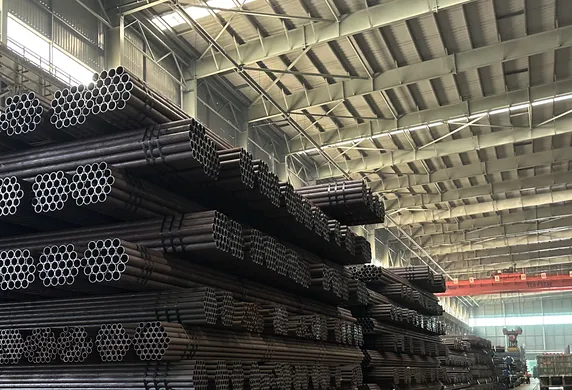
Schedule 80 Application Areas of Carbon Steel Pipe
Have you ever stopped to wonder what role carbon steel pipes play in our world? They are the unsung heroes of a wide range of industries, including oil and gas, construction, and manufacturing. But did you know that the story of carbon steel pipes is pretty fascinating? It all started during the Industrial Revolution, when the demand for stronger, more reliable materials reached an all-time high.
Enter carbon steel: This tough and resilient metal quickly became the preferred choice of engineers and manufacturers. Fast forward to today, and carbon steel pipes are still going strong, supporting critical infrastructure projects and keeping our communities running smoothly. So the next time you turn on the tap or fill up your car with gas, take a moment to appreciate the humble carbon steel pipe and all it does for us.
Carbon steel pipes are used to transport fluids and gases in a variety of industries, including oil and gas, construction, and manufacturing. They are strong and durable, and can withstand high temperatures and pressures. Carbon steel pipes are also commonly used in plumbing, heating, and ventilation systems in residential and commercial buildings. In addition to these, carbon steel pipes also have the following uses:
1. Construction engineering: Carbon steel pipes are widely used in structural support, drainage pipes, HVAC systems, etc. in construction engineering. Its strength and durability make it one of the preferred pipes in the construction field.
2. Oil and gas industry: Carbon steel pipes are used to transport oil, gas, water and other fluids in the oil and gas industry. Its pressure resistance and corrosion resistance make it the most common pipe material in these industries.
3. Automobile manufacturing industry: Carbon steel pipes are widely used in the body structure, exhaust system, chassis and other parts in the automobile manufacturing industry. Carbon steel pipes have good toughness and fatigue resistance, and can meet various mechanical requirements when the car is driving.
4. Machinery manufacturing industry: Carbon steel pipes are used in the machinery manufacturing industry to make various parts and mechanical equipment. Carbon steel pipes have good processing performance and can meet the needs of different shapes and specifications.
5. Other fields: Carbon steel pipes are also widely used in aerospace, electric power, chemical industry, metallurgy and other fields to make pipes, containers, brackets, etc.








 English
English Español
Español بالعربية
بالعربية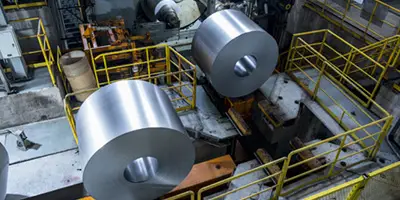

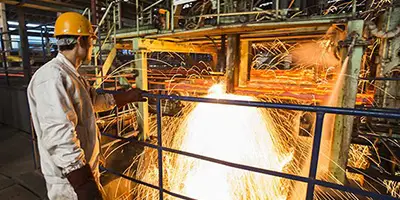
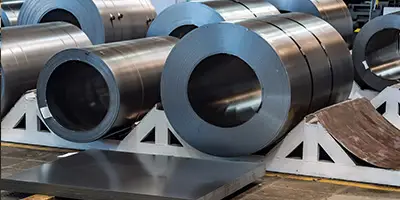

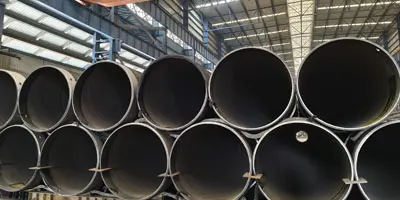
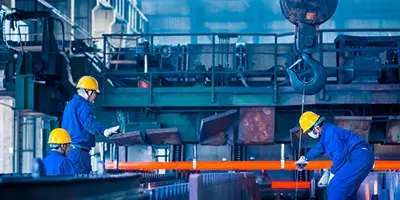
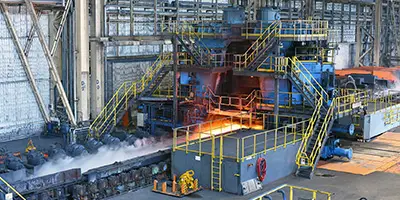
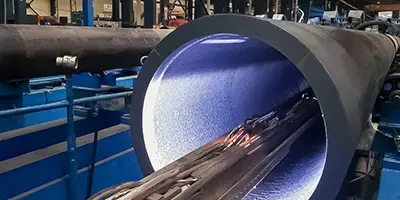
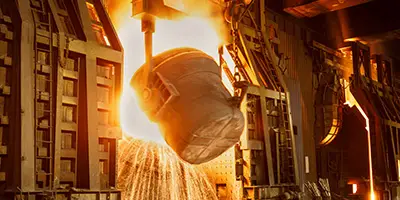
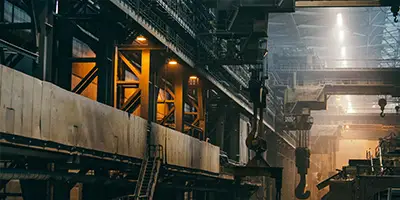

 Phone :
Phone :  Whatsapp :
Whatsapp :  Email :
Email : 


